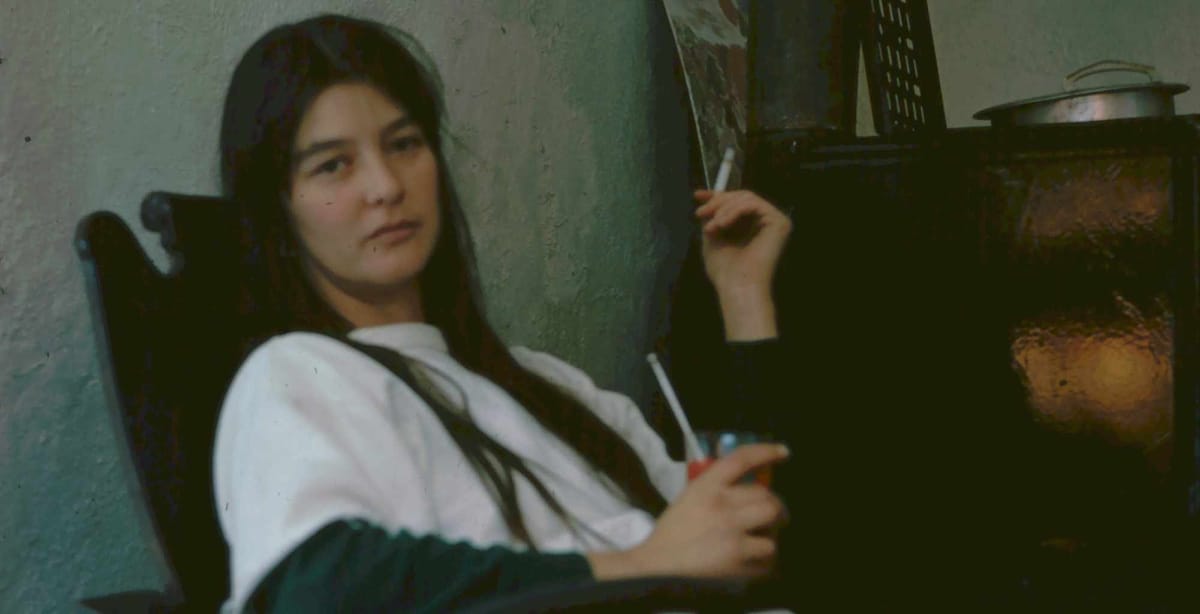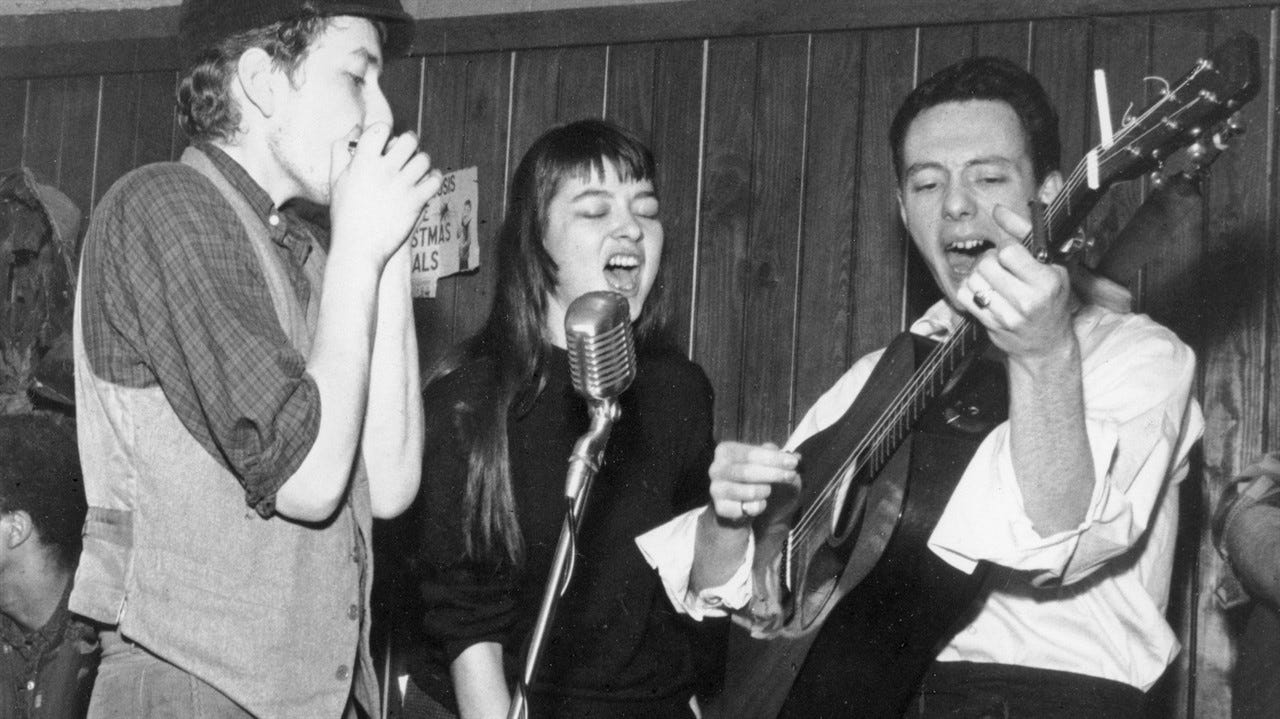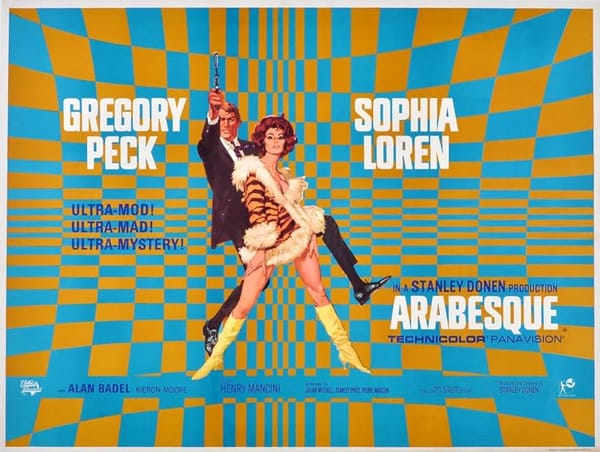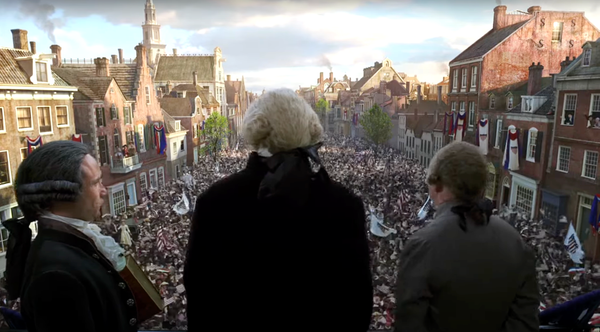Doc of the Week - "Karen Dalton: In My Own Time"
A new streaming documentary commemorates a lost folk artist

The Nut Graf: “Karen Dalton: In My Own Time” (available for VOD rental, *** stars out of ****) spotlights a gifted woman who willed herself away from being known.
One of the ways that streaming services like Spotify and Pandora have profoundly changed our consumption of recorded music – the ways we listen to it, use it, value it – is by resurrecting certain artists from obscurity to tens of thousands of followers and millions of listens. That many of those artists are dead only adds an element of pathos (and sometimes bathos) to the tale. The slow rise of British folkie Nick Drake over the course of four decades after his death in 1974 laid the groundwork for the sad ironies and shoulda-coulda-wouldas that attend these new ghosts in the stream. Judee Sill popped up on my and many other “Discover Weekly” playlists a number of years ago, introducing the late singer-songwriter and her swirling 1973 masterpiece “The Kiss” to several new generations at once. The protean avant-disco guru Arthur Russell died from complications of AIDS in 1992; he has never been as popular as in the past decade, with new releases from his archives coming on a regular basis. Connie Converse is to me the spookiest of these streaming phantoms, a folksinger who wrote and performed her own material in the early 1950s, way ahead of the curve, but who recorded them only on friends’ reel-to-reels and who by the mid-1970s had vanished off the face of the earth. In the 21st century, young artists like The Ladles cover Converse’s songs and they’re a staple on hip roots playlists – grace notes that have arrived welcome but too late.
Then there’s Karen Dalton, whose story is freighted with a similar air of lost opportunities but who did record two albums in 1969 and 1971. Her arrestingly singular voice was often likened to Billie Holiday’s but possessed a Dustbowl intensity all its own. Dalton died in poverty in 1993 from AIDS, likely contracted from an infected needle; she currently has 500,000 followers on Spotify and her best-known song, “Something On Your Mind,” has 23 million hits. And, as these things go, there’s now a documentary about her, “Karen Dalton: In My Own Time,” which can be rented or purchased from Apple TV, Microsoft, Kino Now, and Vudu and which commemorates a difficult woman, her gift, and her knack for self-destruction.

Dalton’s career fell between the cracks or was pushed there by her. She arrived on the early Greenwich Village folk scene from Oklahoma at the dawn of the 1960s and was soon established enough to blow away an even newer kid in town named Bob Dylan. Did this milieu of middle-class bohemians, suburban kids fleeing the shameful comforts of home, recognize that Dalton actually was the folk? Half Irish and half Cherokee, she married twice before she turned 21, and her sad/angry bent on the world and on herself came from travels over hard roads. Her singing voice was high and lonely, breaking at the top of each verse as though she had to gather strength for every stanza. It’s a rawboned voice, one that’s been hanging out on the line for a few days, and Dalton accompanied it only with spare guitar or banjo.
She wrote poems but refused to set them to music, performing only cover versions of other people’s songs (particularly those of Tim Hardin, a fellow lost soul); with the rise of Dylan and the singer-songwriter boom, that approach became passé. But Dalton had no use for the machinations of the music industry and actively sabotaged various avenues to fame even before her involvement with hard drugs starting in the late 1960s. Passages from her journals, read in the film by singer-songwriter Angel Olsen, show Dalton wrestling with pride, ambition, self-loathing, and despair. Otherwise, “Karen Dalton: In Her Own Time” does what it can with its paucity of material, stretching out the few photos and fewer live performances into a palimpsest, traces of a life lived creatively if not well.
It’s a familiar story, so why give it heed? For Dalton’s influence on several new generations of neo-folkies and ornery rockers, starting with Nick Cave and moving through alt-harpist Joanna Newsom to Olsen and Julia Holter, who provides the movie with a bruised ambient score. For the sight of elderly men who were once virile young friends, husbands, lovers, and collaborators puzzling over a woman who “was there but not there.” For the sound of that ancient, insistent voice. Directors Richard Peete and Robert Yapkowitz hold the sucker punch for the very last: a rare recording of Dalton singing one of her own songs – her own words and feelings instead of someone else’s. What kind of person yearns so desperately to be heard while hiding themselves from sight? “Karen Dalton: In My Own Time” doesn’t offer any answers. It just says we should be content with what’s left behind.
If you enjoyed this edition of Ty Burr’s Watch List, please feel free to share it with friends.
If you’re not a paying subscriber and would like to sign up for additional reviews and to join the discussions, here’s how:
If you’re already a paying subscriber, I thank you for your generous support.





